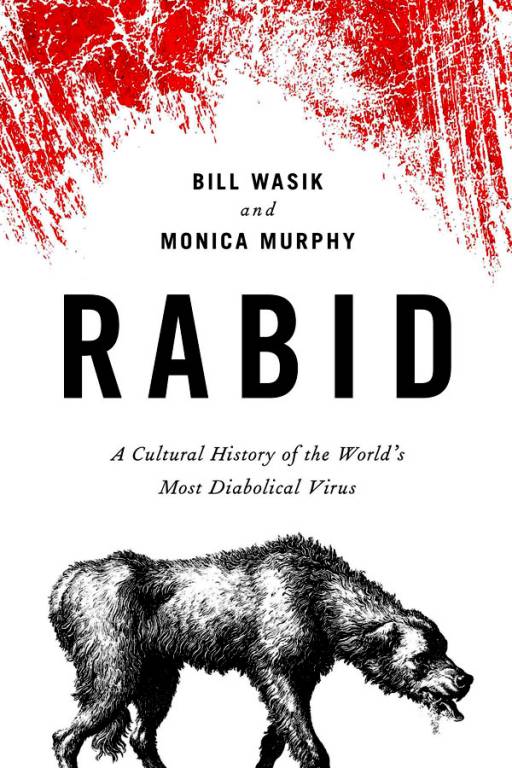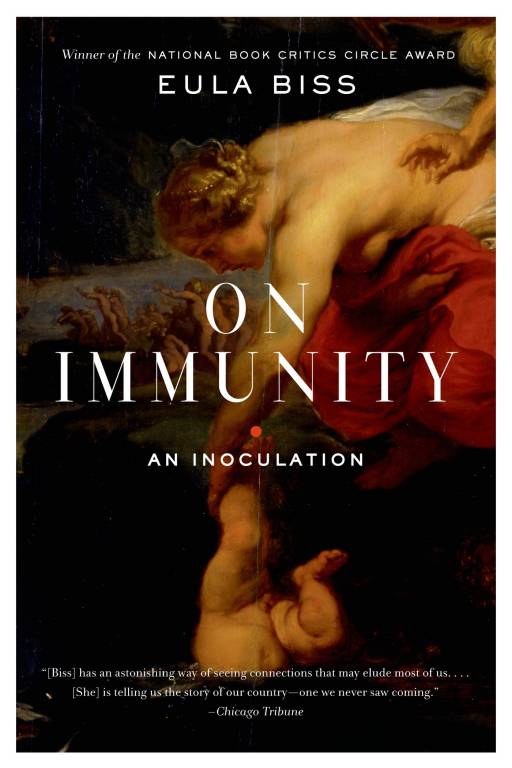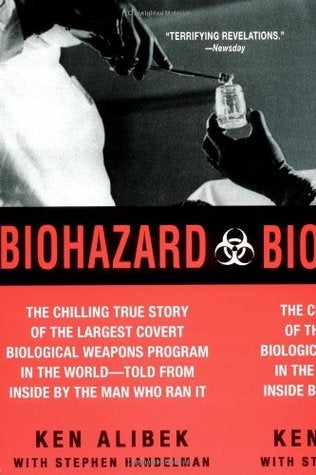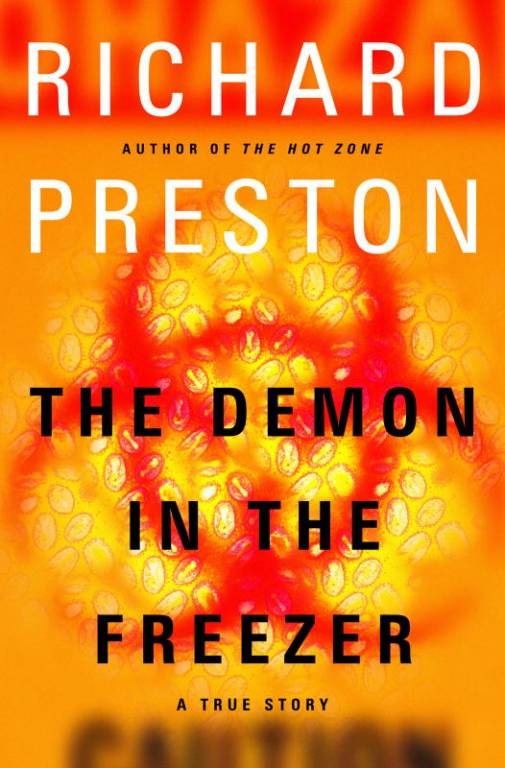Looking back over the public health books I’ve read in the last few months, I realized a noticeable slant towards infectious disease. In this post I will share some of my favorite reads from the past 6 months or so. These range from a page-turning beach read (The Demon in the Freezer) to a classic work of literature (The Plague). Happy reading!
 Rabid – Bill Wasik & Monica Murphy
Rabid – Bill Wasik & Monica Murphy
“It’s almost as if the very anachronism of rabies, to the Western mind, has rendered it even more intriguing to us. Like the vampire, rabies carries with it the musty whiff of a centuries-old horror, even as it still terrifies us in the present day.”
While I wasn’t sure how engaging I would find a book about rabies, I was very pleasantly surprised. The book is an exciting journey through the history of the disease and an exploration of how deeply embedded it is in our culture (what the authors refer to as “our dark fascination with rabies.”) For anyone with even a passing interest in public health, infectious disease, or the historic origins of our current obsession with vampires and zombies, I highly recommend the book. On Immunity – Eula Bliss
On Immunity – Eula Bliss
“The belief that public health measures are not intended for people like us is widely held by many. . . . Public health, we assume, is for people with less—less education, less-healthy habits, less access to quality health care, less time and money.”
I’ve previously written on Eula Bliss’s superb book, but it merits a second mention. Her thoughtful treatment of the subject of immunization is the best I’ve read. Like Rabid, the book examines the topic at a cultural level. Weaving in a personal narrative of her own vaccination decisions as a new mother, she provides a rich and sympathetic discussion of a highly contentious topic.
 Biohazard – Ken Alibek with Stephen Handelman
Biohazard – Ken Alibek with Stephen Handelman
“I cannot unmake the weapons I manufactured or undo the research I authorized as scientific chief of the Soviet Union’s biological weapons program; but every day I do what I can to mitigate their effects.”
This book isn’t as rich as the others (with the exception of The Demon in the Freezer). What makes this book compelling is not the writing or the depth of analysis, but simply the straightforward, often horrifying story of a soviet scientist who worked on the USSR’s bio-weapons program before defecting to the United States. He recounts creating weaponized versions of diseases including Smallpox, anthrax and Ebola-like diseases, leaving the most important question unanswered—what happened to these pathogens after the fall of the Soviet Union?
 Richard Preston – The Demon in the Freezer
Richard Preston – The Demon in the Freezer
“The main thing that stands between the human species and the creation of a supervirus is a sense of responsibility among individuals biologists.”
Although it occasionally veers towards the sensational, Richard Preston’s book provides a thrilling account of the smallpox eradication and a sobering reflection on our failure to secure the remaining stockpiles of the virus. It is a quick and accessible introduction to one of public health’s greatest achievements.
 Albert Camus – The Plague
Albert Camus – The Plague
“There have been as many plagues as wars in history; yet always plagues and wars take people equally by surprise.”
I’m embarrassed that it took me nearly three decades to finally read this phenomenal book. Camus’s Nobel-winning novel explores the social, psychological, and metaphysical ramifications of an infectious disease outbreak. Besides being an astonishing piece of literature, The Plague provides profound insights about our complex interactions with infectious disease outbreaks that will be of interest to anyone working in public health.
Have you been reading any good public health books? I would love to hear from you in the comments!



